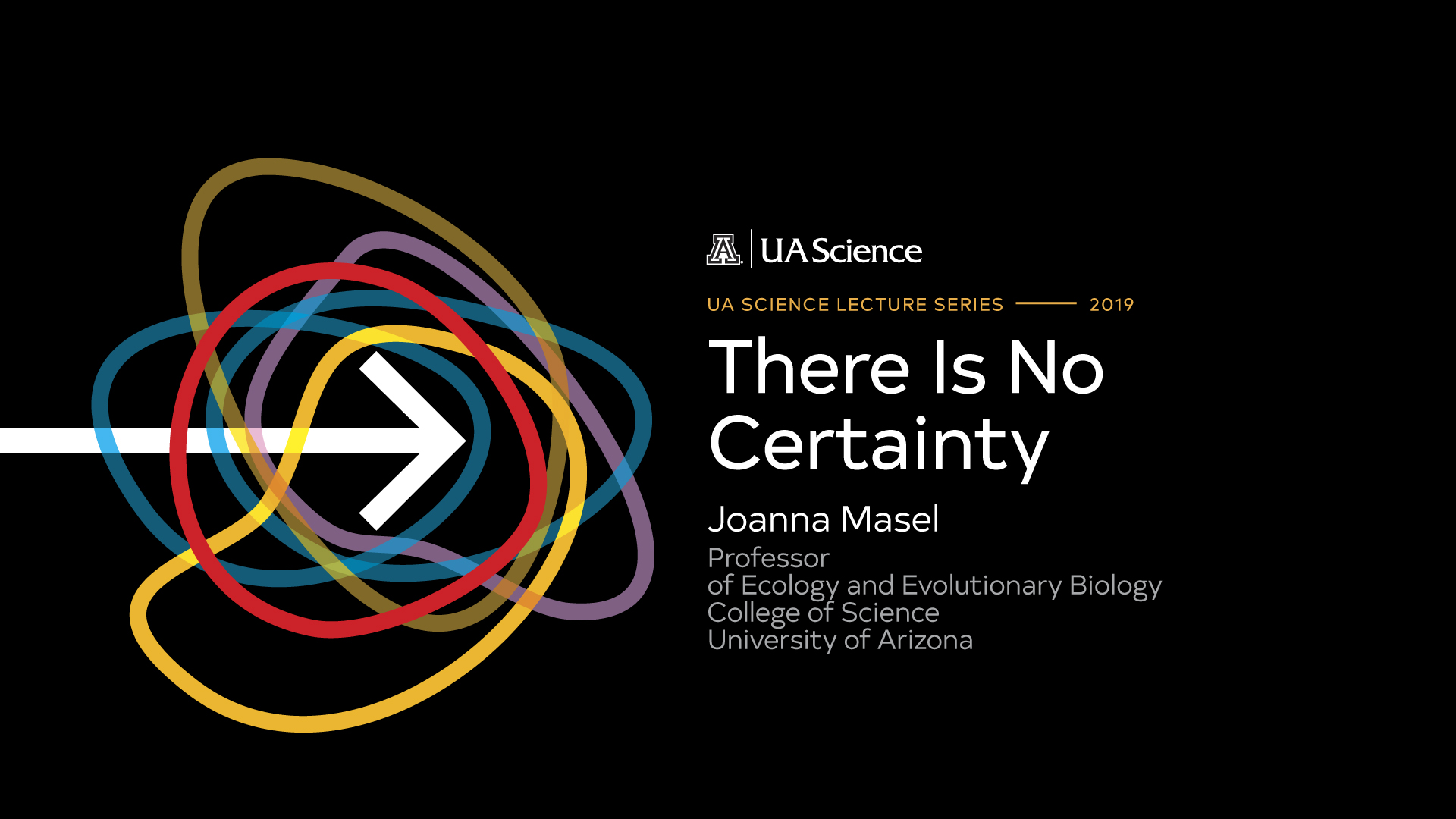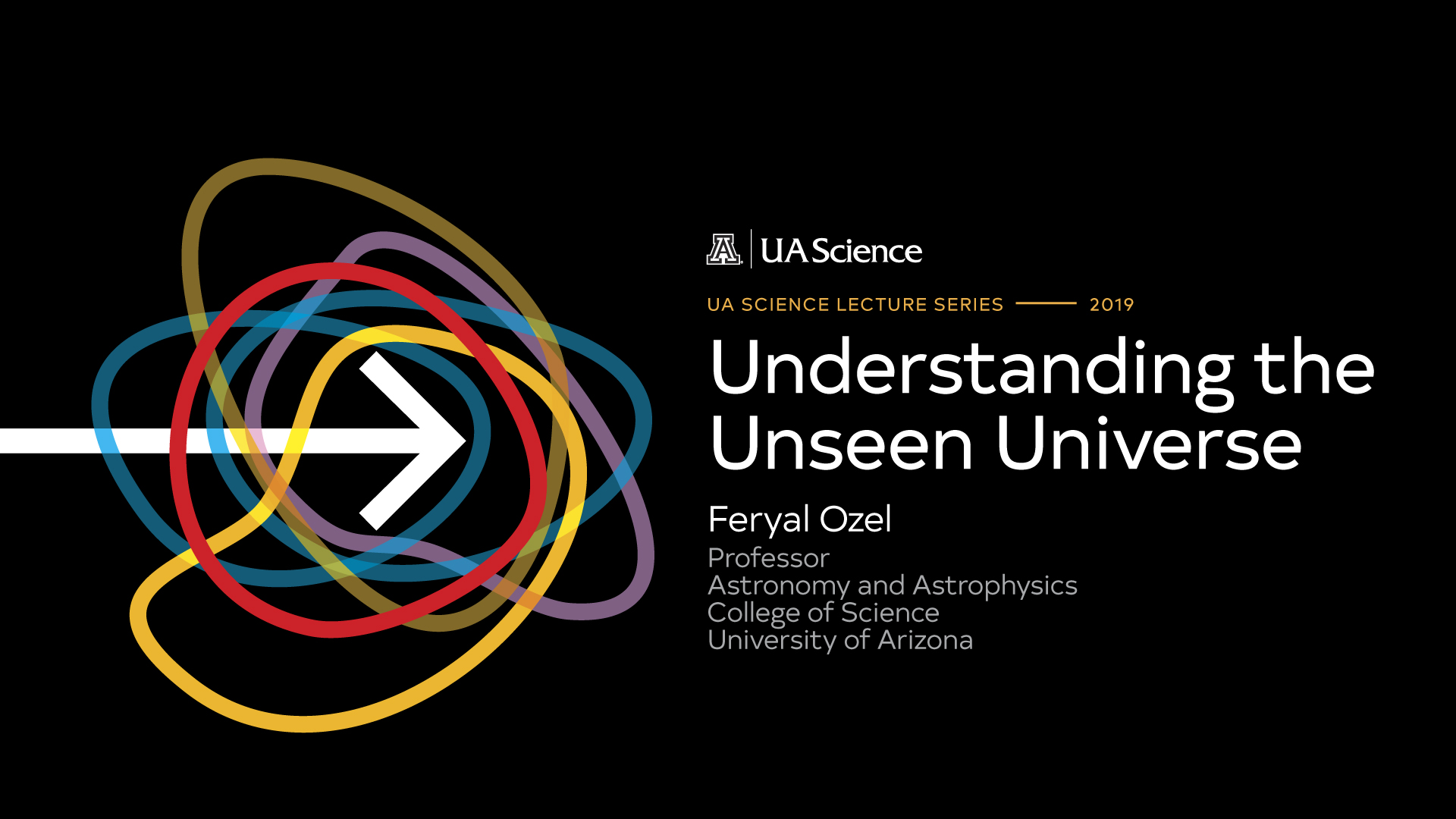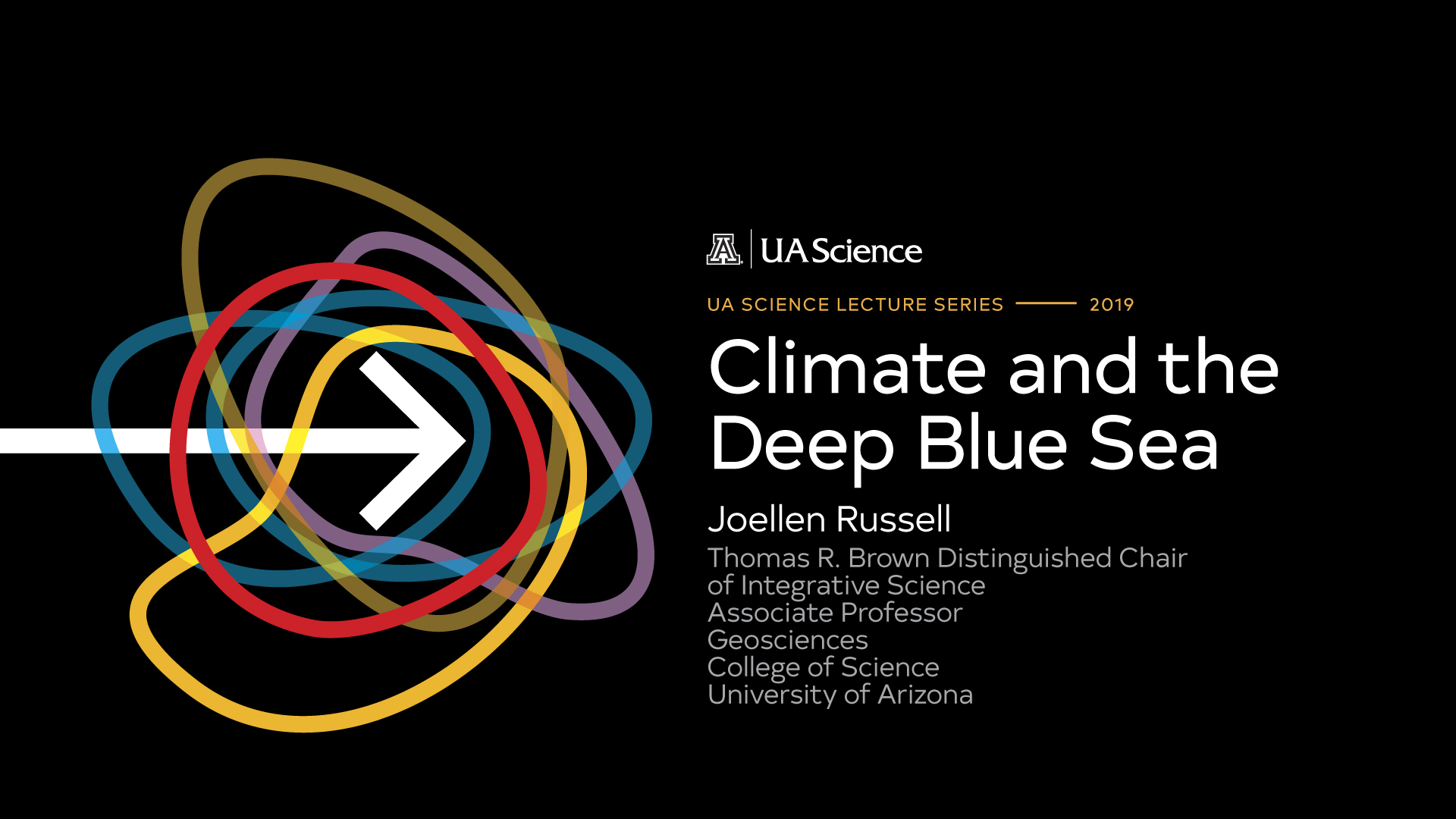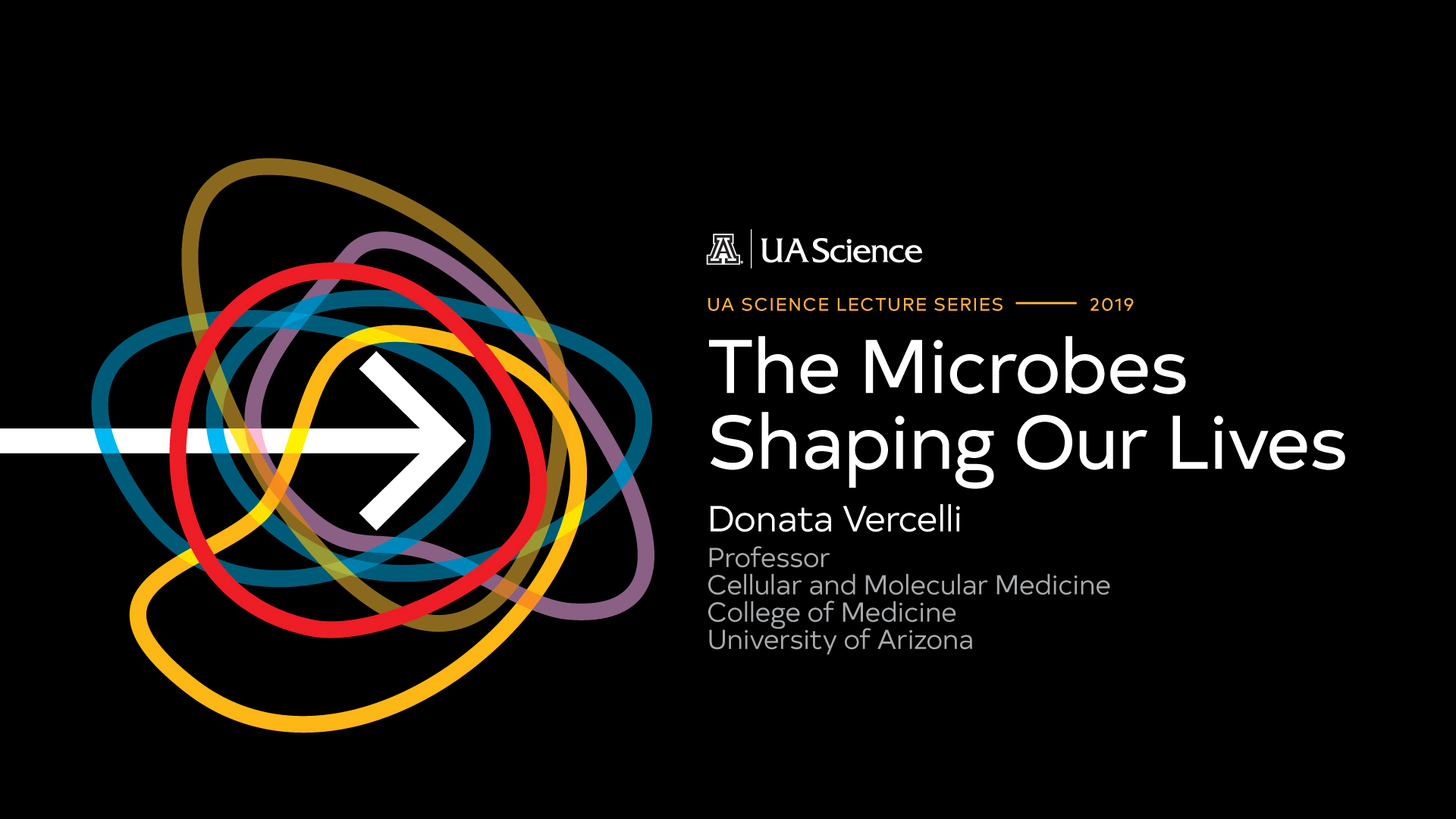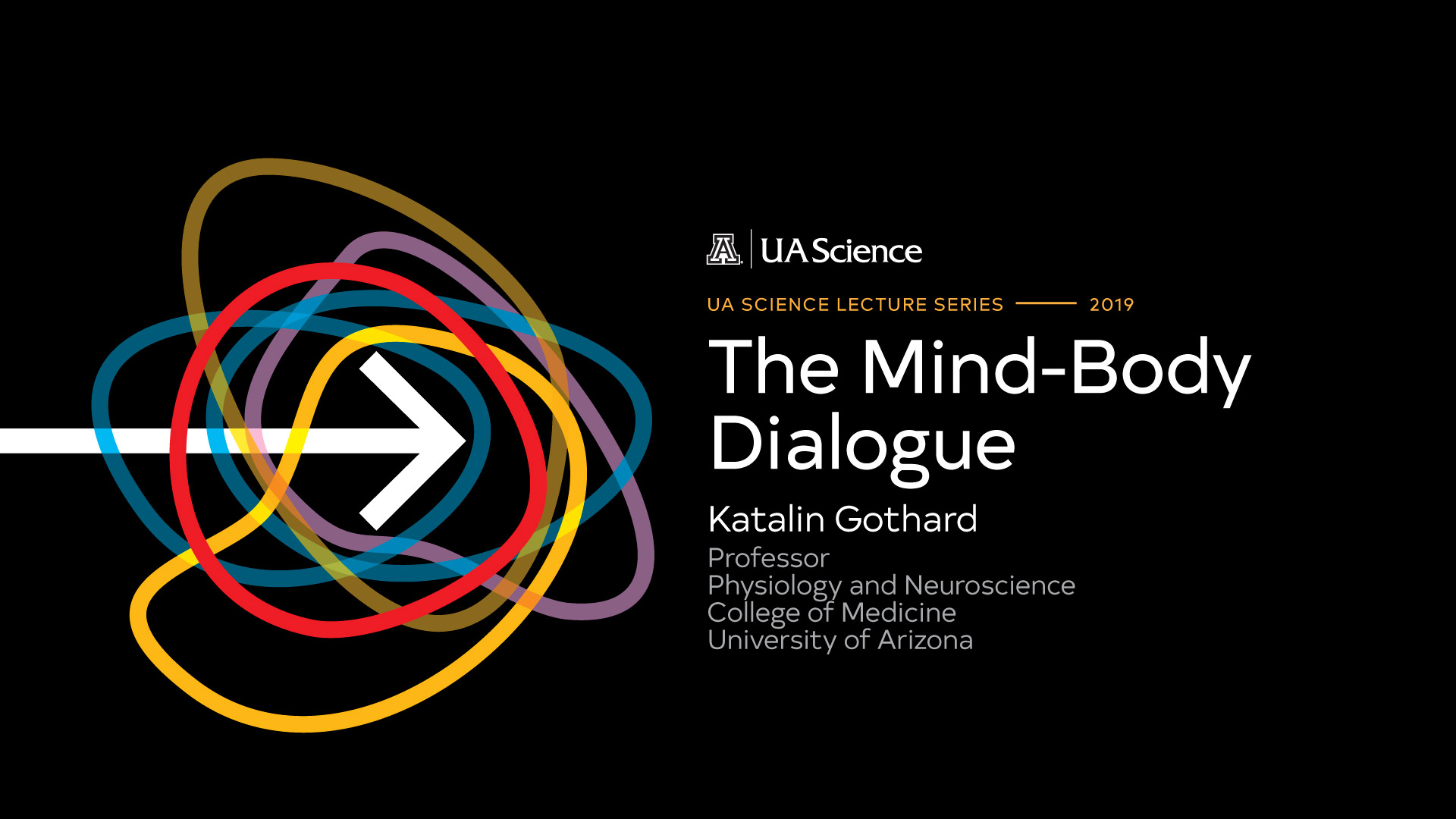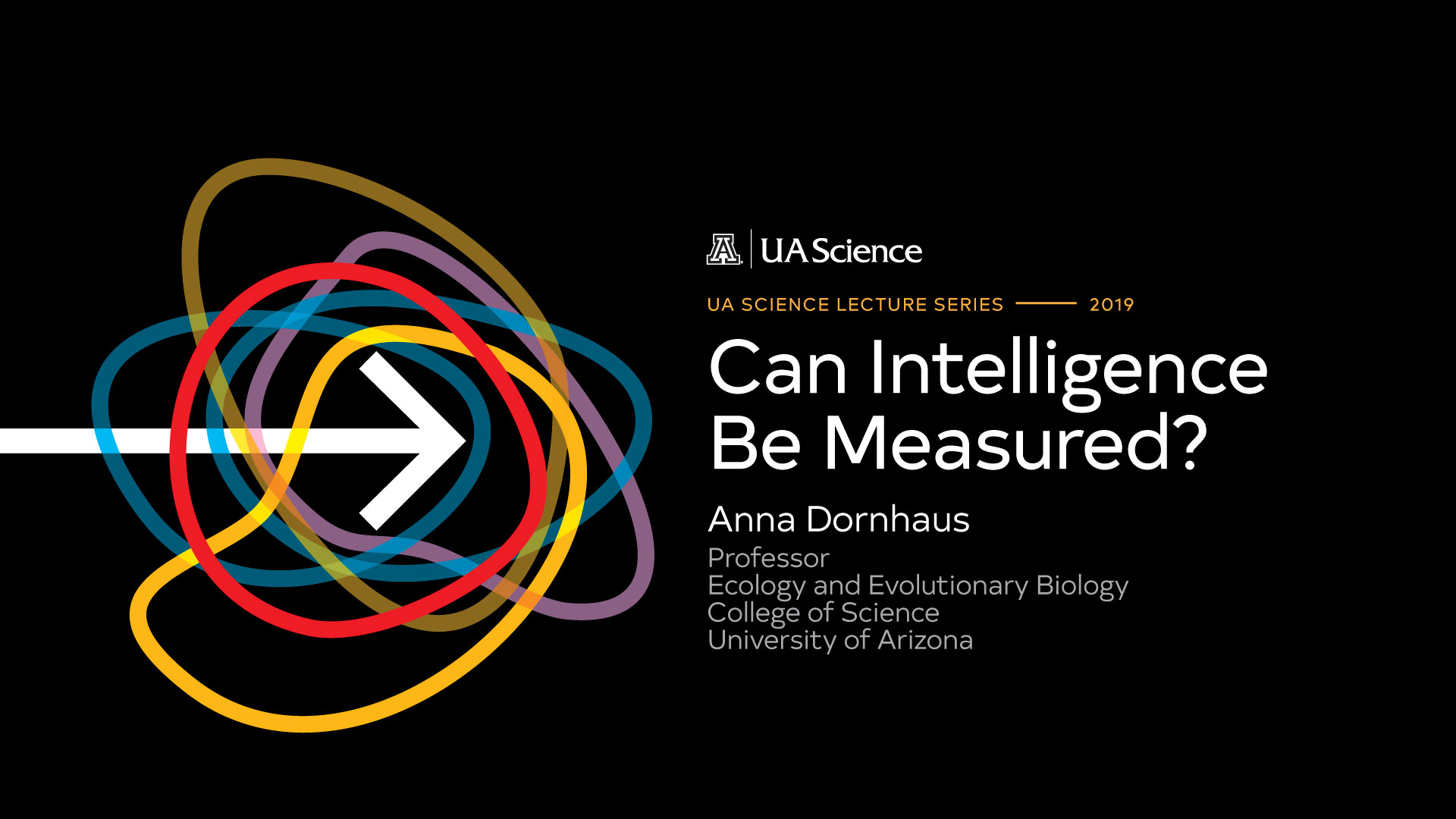Can Intelligence be Measured?
Part 6 of the 2019 UA College of Science Lecture Series "Searching for Certainty"
Lecturer: Anna Dornhaus, Professor, Ecology and Evolutionary Biology, College of Science, University of Arizona
‘Intelligence’ is a critical part of being human, and we search for it in others, from aliens to pets. But defining intelligence has led to controversies over its nature, and our bias to humanize the familiar and dehumanize the unfamiliar has been misleading. We anthropomorphize pets and PCs, and we wrongly project our thoughts and beliefs on them and others: tail-wagging dogs aren’t happy; ants are not an army of mind-clones; computers may have become more intelligent now that we gave up on making them ‘AI’s. Scientifically rigorous hypothesis testing prevents such misinterpretations of the mind of others, and forces us to accept that we generally share both less and more mental experience with other organisms than we think. A core debate, however, remains about whether intelligence should be seen as a set of decentralized, independent problem-solving modules, or a singular, generalized skill of innovation.

